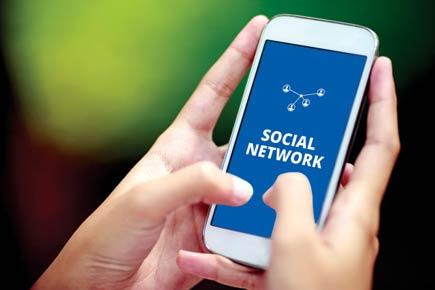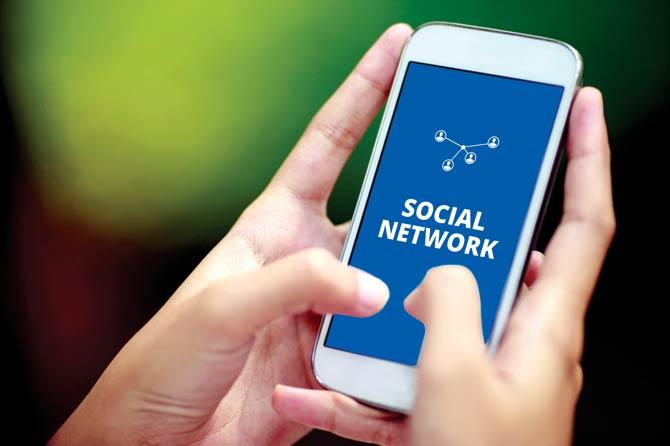When social media opened the channels of hate, the people, who had been nurturing theirs, misjudged how and where to let it out

 I spend a half hour on most mornings reading messages from people who don’t know me at all. They come via Twitter, rarely by Facebook, and once or twice by email. The one thing these messages have in common — apart from the fact that they are sent by complete strangers — is that they are never nice. They are almost always crude, insulting, obnoxious and sometimes threatening.
I spend a half hour on most mornings reading messages from people who don’t know me at all. They come via Twitter, rarely by Facebook, and once or twice by email. The one thing these messages have in common — apart from the fact that they are sent by complete strangers — is that they are never nice. They are almost always crude, insulting, obnoxious and sometimes threatening.
ADVERTISEMENT

The thing is, the hate that lurks inside so many of us simply didn’t have an outlet until a few years ago. Representation pic/ThinkStock
The messages range from mildly abusive comments about me being an illegitimate child (I’m not, according to my parents) to rants about my supposed religion (I’m an atheist), to how my ancestors supposedly converted from Hinduism in exchange for a few bags of rice (I don’t know if this is true because they’re all dead), or why I have no right to live in India and should leave at once for everyone’s favourite country, Pakistan.
The messages come to me because I say things that offend other people, apparently. I don’t think they’re offensive, but this is India so, naturally, someone, somewhere is usually offended by someone or something. This may be why we can’t joke about most things anymore, which is sad considering our government gives us so little to smile about in the first place.
These messages amuse me. You would be amused too if you were abused by large numbers of people who can’t spell. Not that the odd ones who can spell are less amusing, considering they end up attacking you with statistics that have obviously been cooked up by 7-year olds. What bothers me a little though, is how quickly I have inured myself to this outpouring of hate. It has always existed in our country, of course, which is why we used to have wars every other decade or so until foreigners from different parts of the world used our animosity towards each other to their advantage and took control of us all every couple of hundred years.
The thing is, the hate that lurks inside so many of us simply didn’t have an outlet until a few years ago. You could hate what some journalist was saying in your daily newspaper in 1980, for instance, and write a long Letter to the Editor in protest. The fiery missive would eventually reach the journalist’s office three weeks later, by which point he or she would have forgotten about what it was that annoyed or offended the reader in the first place. You could be angry at someone on television too, but that anger could only have been managed by hurling abuse at the screen or throwing the set against the wall.
Now, however, the hateful millions have an outlet. They wake up every hate-filled morning and rub their hands in glee, thinking about all the hateful messages they can send to everyone from their local doctor to the biggest movie stars in the country. They can offer advice on how to manage a Mars mission, scream at a cricketer for dating an actress, abuse women (always a favourite pastime for Indian ‘men’) for daring to speak their minds or, in my particular case, urge me to get out of the country because my ancestors supposedly damned their souls by converting to a foreign religion.
It’s easy to ignore this sort of blind hatred by attributing it to the power of anonymity that the Internet offers. The larger question, sadly, is about why that same anonymity has rarely been used for something good. The British actor Stephen Fry quit Twitter a few months ago after being attacked for some comments he made while hosting an award show. He had quit in the past too, but said he was finally done with the platform for a simple reason: ‘The room had started to smell.’ He referred to it as ‘a stalking ground for the sanctimoniously self-righteous who love to second-guess, to leap to conclusions and be offended – worse, to be offended on behalf of others they do not even know.’ If that doesn’t sum up the state of social media in India, I don’t know what does.
Being offended by something is good, provided it is things worth getting offended about. We ought to be offended by corrupt politicians, for example, or inefficient employees at the BMC, or policemen who don’t file FIRs without a bribe, or railway stations that don’t have ambulances on stand-by, or the lack of hygiene at public hospitals. Those are things we should hate. Sadly, most of our countrymen are busy hating the wrong things.
When he isn’t ranting about all things Mumbai, Lindsay Pereira can be almost sweet. He tweets @lindsaypereira. Send your feedback to mailbag@mid-day.com
 Subscribe today by clicking the link and stay updated with the latest news!" Click here!
Subscribe today by clicking the link and stay updated with the latest news!" Click here!






